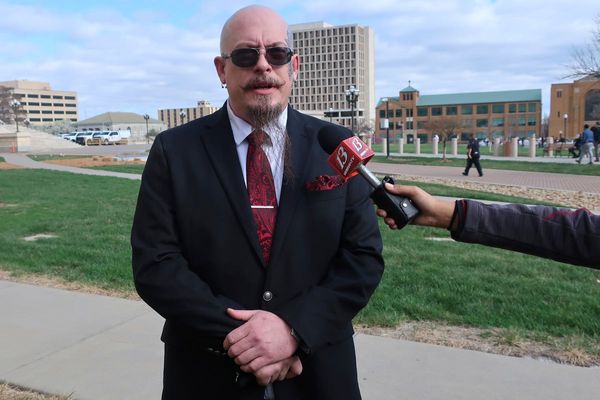
Gamechanger. There is no better way to describe Mino Raiola and his impact on the transfer market, a crazy and unpredictable world where he fitted perfectly. As a moment to sum up the agent – and what he built around him – nothing can beat what unfolded before my eyes in Turin on 17 July 2019.
Matthijs de Ligt was expected to arrive at the Juventus Stadium, and hordes of enthusiastic fans had come to greet him. He was another world-class signing after Cristiano Ronaldo in 2018, with competition seen off from clubs such as Barcelona and Paris Saint-Germain. The man behind the deal was Raiola, whose excellent relations with Pavel Nedved, the Juventus vice-president and one of his former clients, had helped to smooth the deal from Ajax.
When the car arrived and Raiola got out first, the Juventus fans started … singing for him. Incredible but true. It was surely the first time in football history, supporters chanted for an agent. “Mino, Mino, Mino …” The song was pretty clear and a laughing Raiola greeted the fans before answering the inevitable questions from journalists about his commission
It was a snapshot of who Raiola was in the football industry: a smart man ready for anything who certainly would not have wanted to be “beatified” after his death aged 54 on Saturday. For fans and managers Raiola could be a dream and a nightmare. There were those who sang his name in the hope of a top player joining their club and those who hated him to the point of obsession because they were terrified of losing a star, or because of his financial demands.
In July 2016 I saw Raiola in the centre of Milan with his cousin and right-hand man Vincenzo. A delicate and important negotiation was under way for Paul Pogba to return to Manchester United from Juventus. Raiola had arrived to meet Juventus in secret and as soon as he saw me he hid next to the entrance of the hotel where the meeting was scheduled to take place. Shortly after, he walked in with his usual sly smile. “No photos or videos now,” he told me. “We still need a little patience for a historic deal, OK?”
Three weeks later, Raiola completed a deal for United to pay €100mfor a player they had lost on a free transfer four years earlier. It was a masterpiece for his strategy. Communication was his priority, dividing public opinion to win the trust of his clients. It is no coincidence that for many years some of the world’s best footballers chose him, knowing he was ready to go to war with clubs to defend their interests.

The other key was vision. For months, despite being seriously ill, Raiola had been preparing a strategy for Erling Haaland’s future. He considered Haaland one of the finest jewels of his time as an agent and was proud to have brought him to his agency when the forward was at RB Salzburg, before the world had noticed the Norwegian. Raiola made sure he fulfilled the promise he made to Haaland and the player’s father, Alfie: to bring the best possible offers from Europe’s top clubs, each with a similar salary, to allow the choice to be entirely in the striker’s hands. Raiola’s relationship with Pep Guardiola had been far from excellent since Zlatan Ibrahimovic’s time at Barcelona but he wanted Haaland to be able to freely choose his future by including Manchester City in the race.
It is impossible to mention all the champions managed by Raiola but the one perhaps hit hardest by his death is Ibrahimovic. The Swede has been silent for days in the Milan dressing room and was among the few allowed to enter the hospital to say goodbye to Raiola with his family. I will always remember what Raiola said to me after he held a meeting with Milan’s board regarding Ibrahimovic’s return from LA Galaxy and I asked whether he was progressing with negotiations. “We always go forward with negotiations,” he replied. “With mine it’s impossible to go back. Then Ibrahimovic is able to do things that humans can’t even imagine.” The last line was delivered with a laugh.
The essence of Raiola’s strategy was clear to everyone, and he was hated or loved depending on the opportunities he could bring to a club. He was surrounded by stars and demanded multimillion commissions so that anyone who wanted to negotiate with him knew they had to invest huge figures. Those who knew him well say his biggest regret was not having seen Mario Balotelli win the Ballon d’Or. Raiola often repeated to friends that “Mario could even get two or three, if only he wanted to ...”
Raiola was a man of jokes, fierce attacks and regular clashes with public opinion and clubs but he also built excellent relationships in football and life and always had one goal: the best possible strategy for his clients and himself. That was Mino Raiola, not a saint but certainly a gamechanger.







